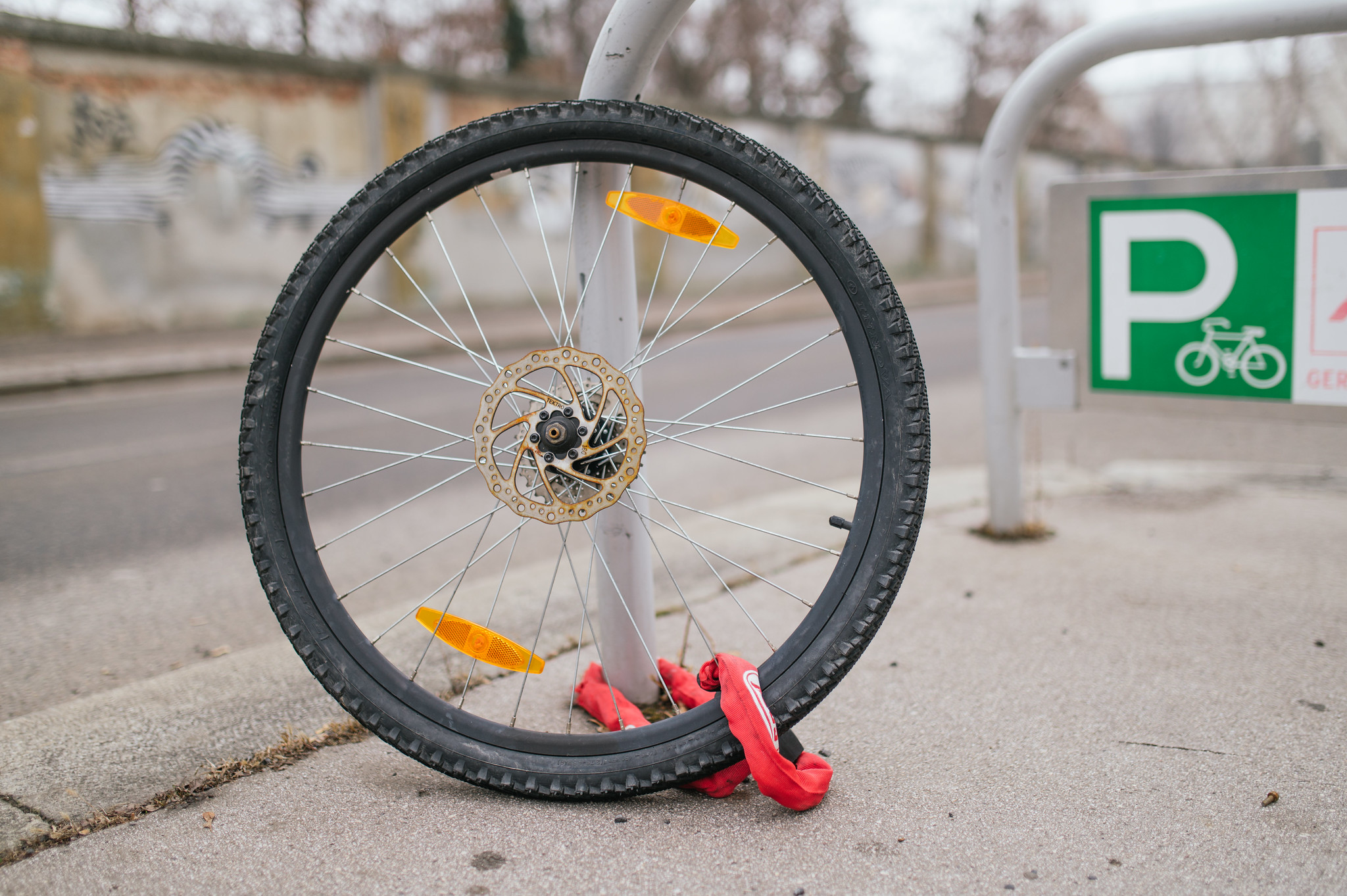By Charles Pekow — As communities become increasingly bicycle-friendly in many ways, the perennial issue of theft remains. A new study reminds us that “bicycle theft remains a significant deterrent for potential riders, and also influences the behaviors of existing cyclists.”

The theft plague needs to be addressed in new and more comprehensive ways, suggests “The Impact of Bicycle Theft on Ridership Behavior”, an article published in the International Journal of Sustainable Transportation (https://doi.org/10.1080/15568318.2024.2350946).
The researchers gathered 1,821 survey responses in North America and found that nearly half stated that they stopped riding or biked less after a theft, with 15 percent saying they gave up cycling. But about two-thirds of theft victims reported replacing their bikes after having one stolen. Those who continued to bike tended to be those who biked regularly.
Only 13 percent said they stopped making trips normally made by cycle as most found other ways to get where they were going if they stopped biking. Of those who obtained a new bike, only one-third opted for a cheaper vehicle. Of those who considered themselves “frequent bicyclists,” only four percent gave up riding after losing their bike. But more than a quarter either stopped biking or reduced riding even if they recovered their bike.
“Our results demonstrated that individuals who were unable to recover their stolen bicycles experienced more disruptions in their bicycling behavior; individuals who successfully retrieve their stolen bicycles typically have fewer negative changes in their bicycling activity and a less tendency to invest in a new bicycle compared to those who fail to recover theirs,” the study says.
Naturally, those who owned multiple bicycles were less likely to give up or reduce riding.
So, the authors conclude, encouraging people to bike more will reduce the negative impact, as will programs like registration, which makes bike recovery more likely. They also suggest that since lower-income people tend to get more discouraged when they lose their bike, efforts should be made to help them, such as temporary bike replacement or secure parking.







